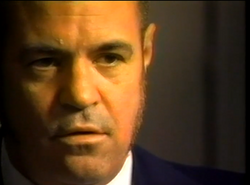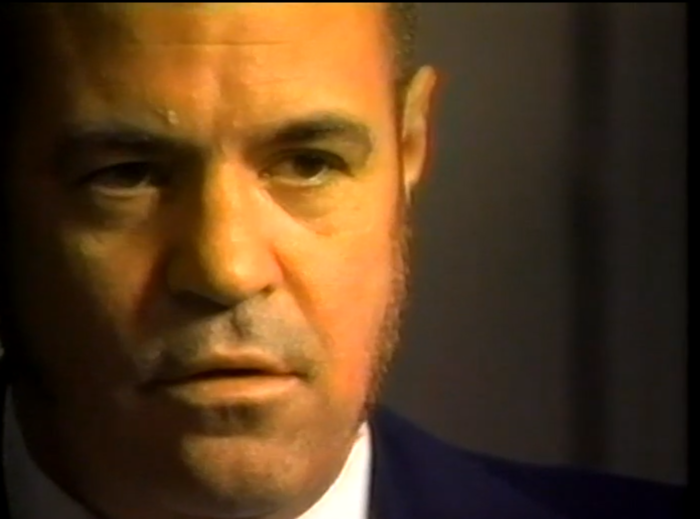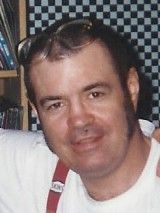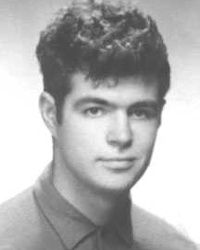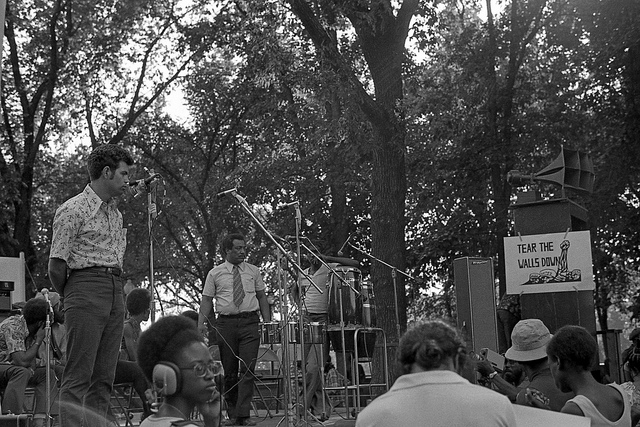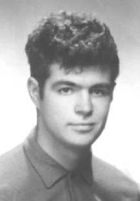As a child, he was kicked out of the Boy Scouts for relationships with boys. In response to this, his family sent him to Germany to live with relatives.
In 1965, he began as a student at Columbia University. It wasn't until the following summer that he met another gay Columbia student. This student, James Milham, and he decided to charter the first ever gay student group named the Student Homophile League. It received it's charter in 1967. Afterwards he ended up falling in love with a woman which drew the ire of many gay men. Donaldson ended up becoming disenchanted with the gay community and decided to follow in his father's footsteps and enrolled in the military. Unfortunately, he ended up being discharged from the military due to having sexual relations with another soldier. It wasn't until the late 70's was his discharge was moved up to honorably after President Jimmy Carter granted amnesty to many involved with the Vietnam War.
Upon moving back to the US, he became quite active in the Bisexual Rights Movement. In addition, he began to identify as a Quaker. As a Quaker, he participated in a pray-in where he was arrested with six others for unlawful entry into the White House. They were there to protest the invasion of Nagasaki which had happened 28 years previous. Donaldson was the only one who did not post bail. His time in prison radicalized him to speak out for jail reform. He argued that the bail system only benefits white people of means. Unfortunately, while in prison, he was gang raped by upwards of 45 prisoners. One of the women he protested with at the White House posted bond for him the next day to get him to a doctor.
From there, Donaldson became the first person to publicly speak about the prevalence of prison rape. Despite wanting to bring the Department of Corrections to court for damages, his lawyer advised him that if he wasn't willing to identify the main perpetrators in his rape that his case would be hard to argue. He decided to not pursue a a civil suit against the federal government.
Donaldson ended up in jail again due to an arrest on public urination and possession of marijuana. In jail, he ended up becoming the "punk" to four prisoners who offered physical protection for him. These four prisoners ended up fighting with other prisoners who wanted Donaldson. Donaldson ended up in solitary confinement.
As one can imagine, these rapes were harrowing for him. He suffered from depression and panic attacks. He tried to commit suicide a year after his mother did in 1977. His depression and panic attacks manifested themselves in anger where he tried to attack the hospital staff for refusing to give him medical treatment for a sexually transmitted disease.
He was sent to prison again and stayed there until he was granted parole in 1984. He ended up violating his parole when he took a trip to India. This resulted in him being sent to prison one final time.
Through correspondence with other prison activists, he was able to start the organization
Stop Prisoner Rape in the mid-nineties. This organization focuses on helping prisoners deal with the physical and mental aftermath of prison rape. The organization is still in existence under the name of Just Detention International.
Donaldson died from AIDS complications in 1996.
As a child, he was kicked out of the Boy Scouts for relationships with boys. In response to this, his family sent him to Germany to live with relatives.
In 1965, he began as a student at Columbia University. It wasn't until the following summer that he met another gay Columbia student. This student, James Milham, and he decided to charter the first ever gay student group named the Student Homophile League. It received it's charter in 1967. Afterwards he ended up falling in love with a woman which drew the ire of many gay men. Donaldson ended up becoming disenchanted with the gay community and decided to follow in his father's footsteps and enrolled in the military. Unfortunately, he ended up being discharged from the military due to having sexual relations with another soldier. It wasn't until the late 70's was his discharge was moved up to honorably after President Jimmy Carter granted amnesty to many involved with the Vietnam War.
Upon moving back to the US, he became quite active in the Bisexual Rights Movement. In addition, he began to identify as a Quaker. As a Quaker, he participated in a pray-in where he was arrested with six others for unlawful entry into the White House. They were there to protest the invasion of Nagasaki which had happened 28 years previous. Donaldson was the only one who did not post bail. His time in prison radicalized him to speak out for jail reform. He argued that the bail system only benefits white people of means. Unfortunately, while in prison, he was gang raped by upwards of 45 prisoners. One of the women he protested with at the White House posted bond for him the next day to get him to a doctor.
From there, Donaldson became the first person to publicly speak about the prevalence of prison rape. Despite wanting to bring the Department of Corrections to court for damages, his lawyer advised him that if he wasn't willing to identify the main perpetrators in his rape that his case would be hard to argue. He decided to not pursue a a civil suit against the federal government.
Donaldson ended up in jail again due to an arrest on public urination and possession of marijuana. In jail, he ended up becoming the "punk" to four prisoners who offered physical protection for him. These four prisoners ended up fighting with other prisoners who wanted Donaldson. Donaldson ended up in solitary confinement.
As one can imagine, these rapes were harrowing for him. He suffered from depression and panic attacks. He tried to commit suicide a year after his mother did in 1977. His depression and panic attacks manifested themselves in anger where he tried to attack the hospital staff for refusing to give him medical treatment for a sexually transmitted disease.
He was sent to prison again and stayed there until he was granted parole in 1984. He ended up violating his parole when he took a trip to India. This resulted in him being sent to prison one final time.
Through correspondence with other prison activists, he was able to start the organization
Stop Prisoner Rape in the mid-nineties. This organization focuses on helping prisoners deal with the physical and mental aftermath of prison rape. The organization is still in existence under the name of Just Detention International.
Donaldson died from AIDS complications in 1996.
Sponsored by Ancestry
Advertisement
Explore more
Sponsored by Ancestry
Advertisement
